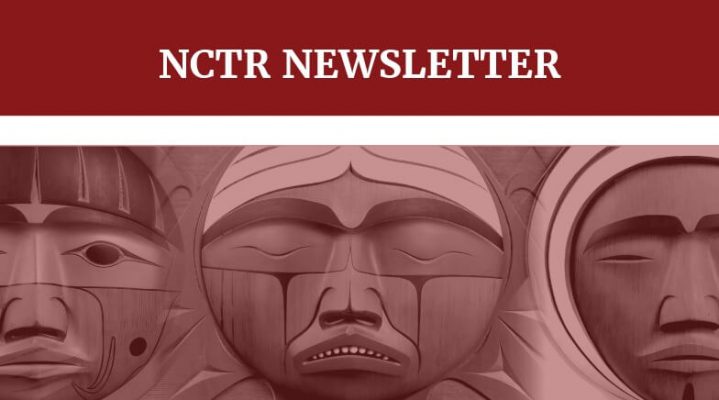Meet the Regional Advisory Committee
All applications submitted to the Na-mi-quai-ni-mak Fund are reviewed by the Regional Advisory Committee. This committee is comprised of a group of Indigenous Elders and residential school Survivors.
Meet the Regional Advisory Committee
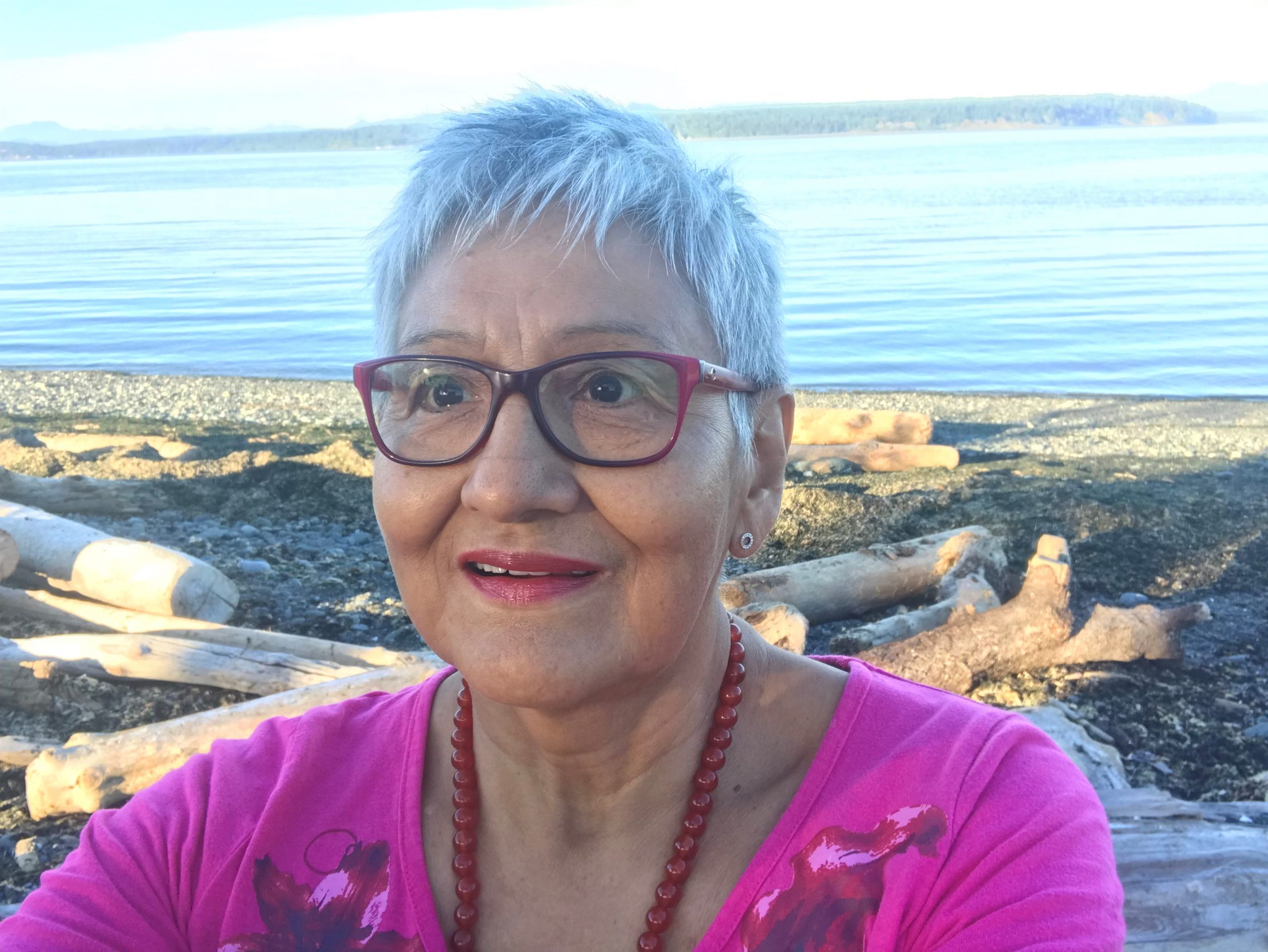
Kukdookkaa Terri Brown
Terri is a Crow Clan member of the Tahltan Nation. She has a daughter, two sons and six granddaughters. She lived a traditional lifestyle until she was forcibly confined to a residential school in the Yukon. Her father, who was a trapper, and her mother cared for the family of eight. Terri is former Chief of her people and former President of the Native Women’s Association of Canada. She founded the Sisters in Spirit Program to document the deaths and disappearance of Indigenous sisters. She served six years with the Truth and Reconciliation Commission of Canada with a mandate to inform all Canadians about what happened in residential schools. Terri is a survivor of Canadian genocide which motivates her to work for equality, justice and peace for all.
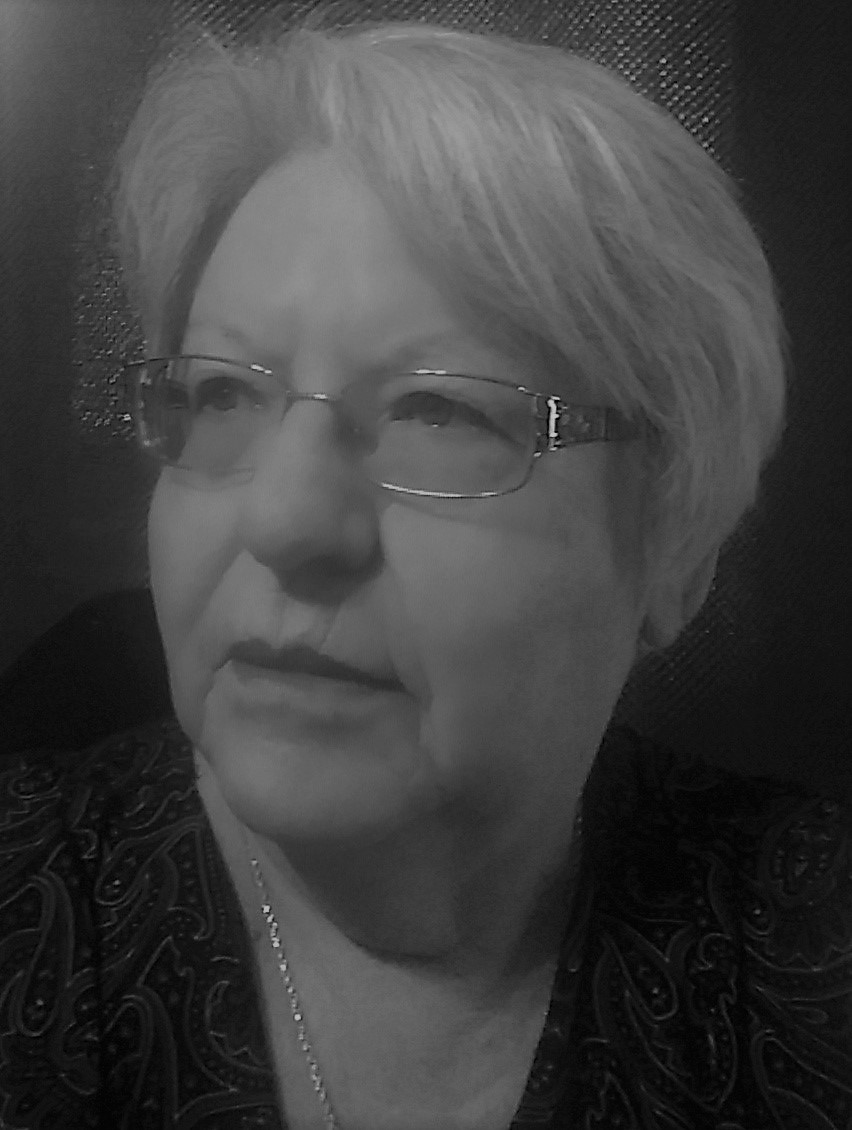
Dawn Hill
Dawn Hill is a former residential school student of Mohawk Institute Indian Residential School in Brantford, Ontario where she attended from 1957 to1961. Born on Six Nations of the Grand River Territory, she is a proud Mohawk of the Turtle Clan. Dawn was an elementary school teacher for 28 years. Currently, she is the secretary/treasurer of the Mohawk Village Memorial Park, a not-for-profit organization. The park will be dedicated to the memory of all the children who attended the Mohawk Institute Indian Residential School in Brantford.
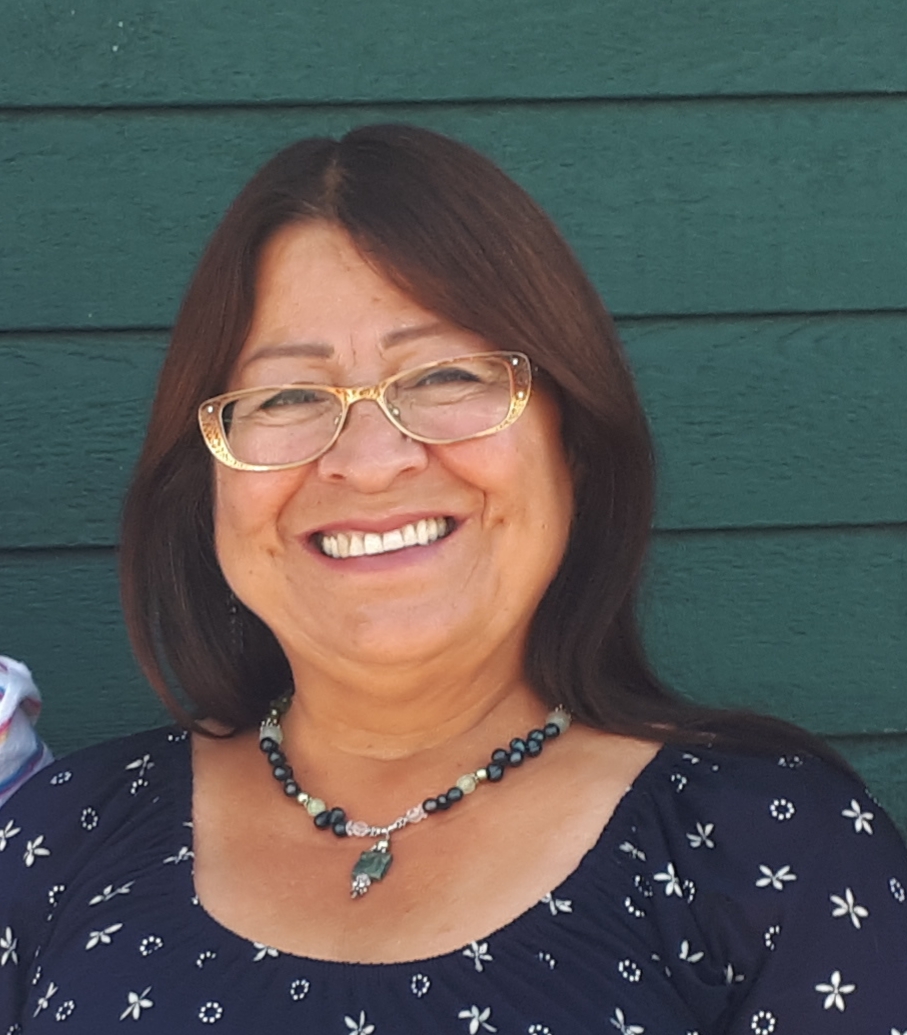
Dorene Bernard
Dorene Bernard, Kesatum tan teli L’nuwey, Kiwnik Clan, Sipekne’katik, Mi’kmaki, is a traditional Mi’kmaq woman of the Sipekne’katik Band, residing in Indian Brook, Nova Scotia. She is the mother of four children and grandmother of nine beautiful grandchildren. Dorene is a Survivor of the Shubenacadie Indian Residential School, the third generation to attend within her family. Dorene earned a Bachelor of Social Work Degree at Dalhousie University in 1991 and a Master of Social Work in Aboriginal Field of Study at Sir Wilfrid Laurier University in 2013. Recently, she coordinated the Indian Residential School Legacy Project at Mi’kmawey Debert Cultural Centre, working with Survivors and families in the Atlantic Region to document the history of the Indian Residential School Legacy and Survivors’ profiles for the archives, which she continues to do.
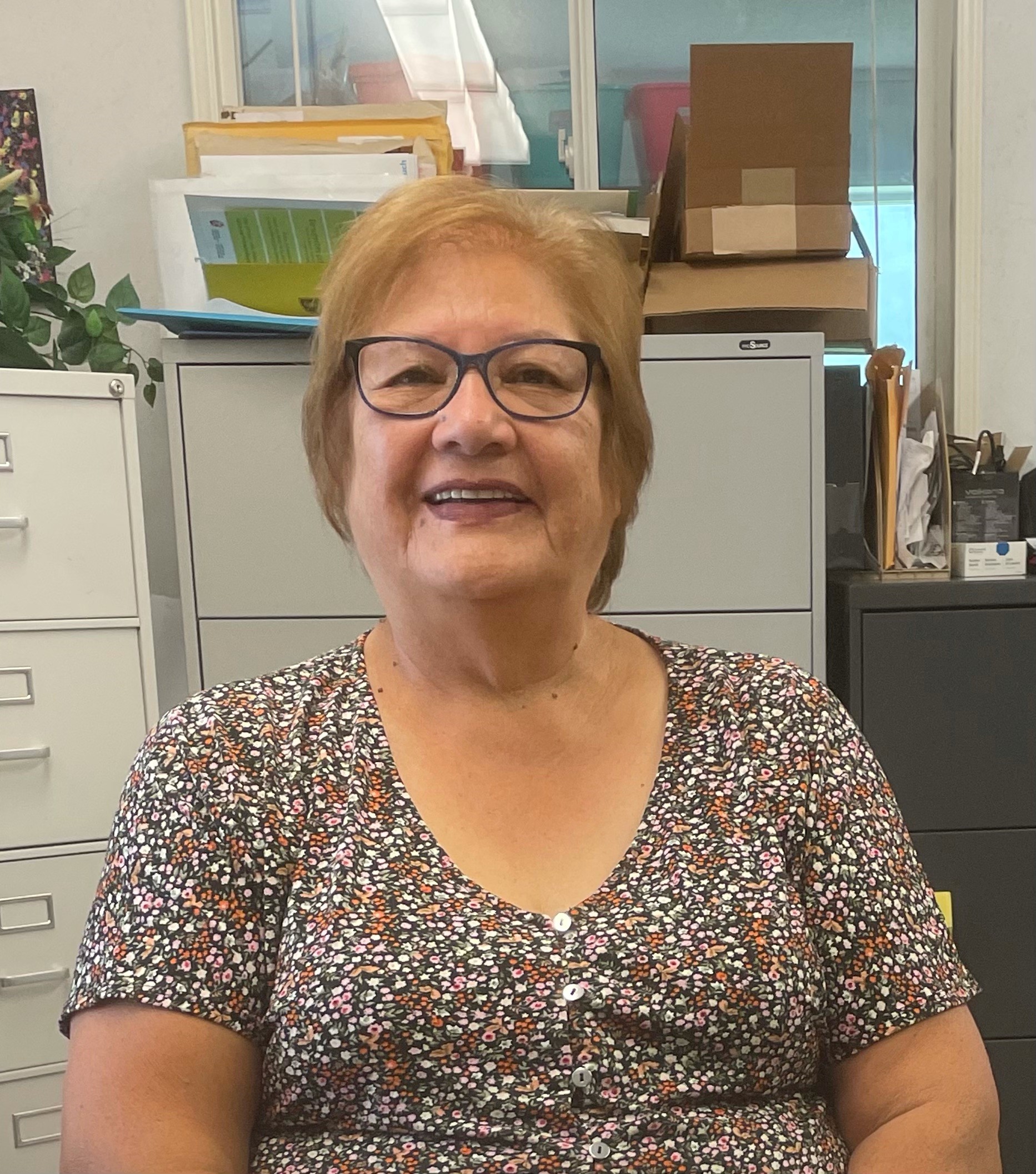
Esther Giroux
Esther Giroux is a proud Cree/Nehiyaw woman from Swan River First Nation located in Treaty 8 territory in Alberta. She is a residential school Survivor who attended the St. Bruno’s (Joussard) and St. Bernard (Grouard) Residential Schools. She has a master’s degree in education granted in cooperation between the University of Alberta and Blue Quills First Nations University. She has 38 years of teaching experience, obtaining her first education degree from the University of Alberta in 1983. Presently, she teaches at Swan River First Nation Elementary School as the Cree language and culture teacher. She strongly believes in learning the Cree language, and that culture and land-based teachings are the foundation of health and well-being of her students. She was fortunate to learn traditional Cree/Nehiyaw teachings from Elders, Knowledge Keepers and her family. She shares her personal experience of residential school with her family, work and community.
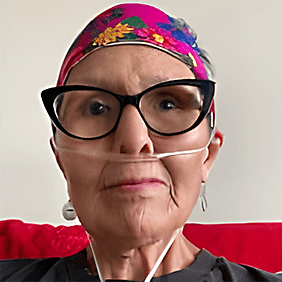
Edna Elias
Edna Elias was called by her grandmother, “Haattuliarmiutaq”, meaning “a person from thin ice” because she was born on a fishing lake in the fall. Thus, the reason why she loves ice fishing in the fall and spring.
A teacher by profession, Edna is an Inuit language and cultural advocate. She has lived and breathed her culture in an urban setting, showcasing it whenever she can. She shares her cultural knowledge through presentations at educational institutions and elementary schools. Teaching Inuinnaqtun, the dialect of the Copper Inuit of western Kitikmeot in Nunavut, is another passion to train adults, language teachers, staff of pre-school and daycare programs, educators, and parents of small children.
After five years as Commissioner of Nunavut, Edna returned to her home community of Qurluqtuq, Nunavut, the most westerly community in Nunavut. After her return home, she was heavily involved in her community. She initiated a not-for-profit greenhouse society, opened her home to women to learn traditional sewing and fur preparation, and was one of the Ayauqtiit (guidance) members whose purpose was to provide advice to the two schools.
Volunteering continued to be a pastime. Most recently, she and two former educators opened a business to promote the preservation and retention of Inuinnaqtun through language courses, provision of educational and cultural orientation and advice, program and event planning, production of Inuinnaqtun reading material, and to support language programming in the schools.
Due to illness, Edna was forced to relocate to Edmonton where she could access better medical care and services. “I am happy to say that I have learned to live within my new limits and do NOT let my illness control my life,” says Edna. Currently residing in Edmonton, she is actively involved in several Indigenous Advisory Circles as a voice for Inuit. She joined the Grant MacEwen University Indigenous Advisory Council, the Royal Alberta Museum Indigenous Advisory Council, the Edmonton International Elders & Knowledge Keepers Circle on the project, Indigenous Spaces, the Indigenous Advisory Council for the City of Edmonton and the Indigenous Advisory Council on the project, Towards Home (curbing homelessness).
NCTR’s spirit name – bezhig miigwan, meaning “one feather”.
Bezhig miigwan calls upon us to see each Survivor coming to the NCTR as a single eagle feather and to show those Survivors the same respect and attention an eagle feather deserves. It also teaches we are all in this together — we are all one, connected, and it is vital to work together to achieve reconciliation.

